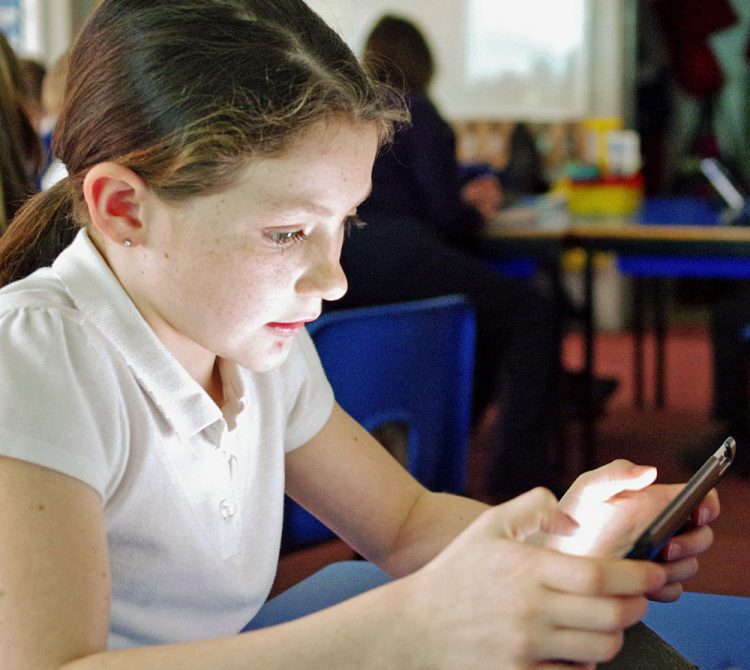In a classroom filled with children of varying abilities it can be tricky for teaching staff to keep track of who’s struggling.
What if students could be instantly told if their answer is correct and offered guidance if it’s not? And what if their teacher had a live progress report on every child in the class?
In a nutshell, this is what Learning by Questions (LbQ) can offer, through a bank of question sets accessed through a tablet computer app.
SHINE is working with LbQ to bring this innovative teaching resource into the classrooms of 50 North East schools.
We visited one, Lanchester EP Primary School, to find out what pupils and teachers think of the new teaching method.
SHINE and LbQ
Learning by Questions is an award-winning tablet computer app, containing thousands of questions written to fit into the school curriculum. The app marks students as they go, giving immediate feedback and allowing teachers to keep track of the whole class and pinpoint any areas of weakness. Children get the chance to have another go at a question if they get it wrong, with tips and advice to help them on the way.
SHINE has teamed up with LbQ to bring the app into the classrooms of 50 schools in the North East.
Those schools will have two teachers equipped with a set of 32 tablet computers, plus a three-year LbQ teacher subscription with access to question sets across all years and subjects. They also receive training and software support.
To find out more about the project, click the link below.

